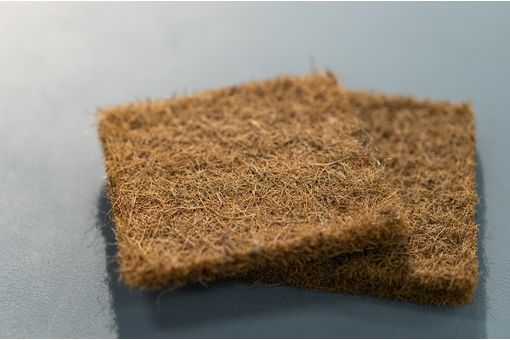Exploring resale opens new revenue stream for luxury labels: McKinsey

Some luxury brands choosing to foray into the market does not come as a surprise, the study says. Gucci, for example, has partnered with online resale platform The RealReal to recycle and upcycle its products, while Switzerland’s Richemont has acquired UK-based watch marketplace Watchfinder, and French luxury giant Kering has invested in Vestiaire Collective.
Many brands, though, remain unsure as to how best to deal with the phenomenon, with worries arising around jealously guarded brand identities and the potential impact on margins. McKinsey, however, says these companies should be more concerned about letting an exciting growth opportunity slip through their fingers.
“Our findings confirm the appeal of the resale trade: done prudently, brand entry should not erode margins, and would result in only limited cannibalization,” says the report. “What’s clear is that luxury resale is here to stay—and those brands that choose not to participate risk missing out on a significant opportunity.”
McKinsey highlights that the entry of luxury brands into the resale market can even have a positive impact on consumers’ perceptions of the businesses, even if they themselves only buy new clothes.
Fifty four per cent of new-product buyers surveyed by the firm agreed that, as long as customer experience remained consistent, their perceptions concerning the desirability of a luxury brand that had expanded into resale would be positive or, at least, not change. By contrast, only 5 per cent disagreed with the statement.
Forty six of the new-product buyers surveyed also agreed with the following statement, “brands directly selling or supporting shops/platforms that sell pre-owned product will not change my perception of the brand,” while another 46 per cent said that they might buy more new products from luxury brands offering pre-owned products in the future.
As highlighted by the report, however, companies should bear in mind that each national market is different. Indeed, while consumers in both France and the United States gave largely positive responses to the above questions, Japanese consumers were negative in their reaction to the idea of luxury brands moving into pre-owned goods.
Currently, the two largest markets for pre-owned luxury are the European Union and the United States, with China also accounting for around 10 per cent of the global market.
On the reasons driving consumers to purchase pre-owned products, McKinsey’s research revealed that 41 per cent of pre-owned-luxury buyers buy second-hand products because this gives them access to hard-to-find products or pieces that are no longer available.
Forty per cent also cited sustainability as a reason for going pre-owned, while for 36 per cent it is a financial choice which allows them either to save money or simply afford the desired product in the first place.
With three-quarters of pre-owned luxury buyers also acting as resellers, it’s important for brands exploring resale to consider the needs and motivations of this portion of the community as well. In particular, the study highlights that 41 per cent of resellers choose to sell their pre-owned products in order to free up closet space, while 36 per cent said that they had sold items because their style had changed.
McKinsey suggests that luxury brands wishing to move into resale “might find ways to appeal to specific client segments,” organising the market more efficiently for collectors, or streamlining the trade-in process for consumers looking to sell product from last season in order to buy pieces from the latest collection.
Fibre2Fashion News Desk (DS)
































-Ltd..jpg?tr=w-120,h-60,c-at_max,cm-pad_resize,bg-ffffff)





.jpg?tr=w-120,h-60,c-at_max,cm-pad_resize,bg-ffffff)
.jpg?tr=w-120,h-60,c-at_max,cm-pad_resize,bg-ffffff)






